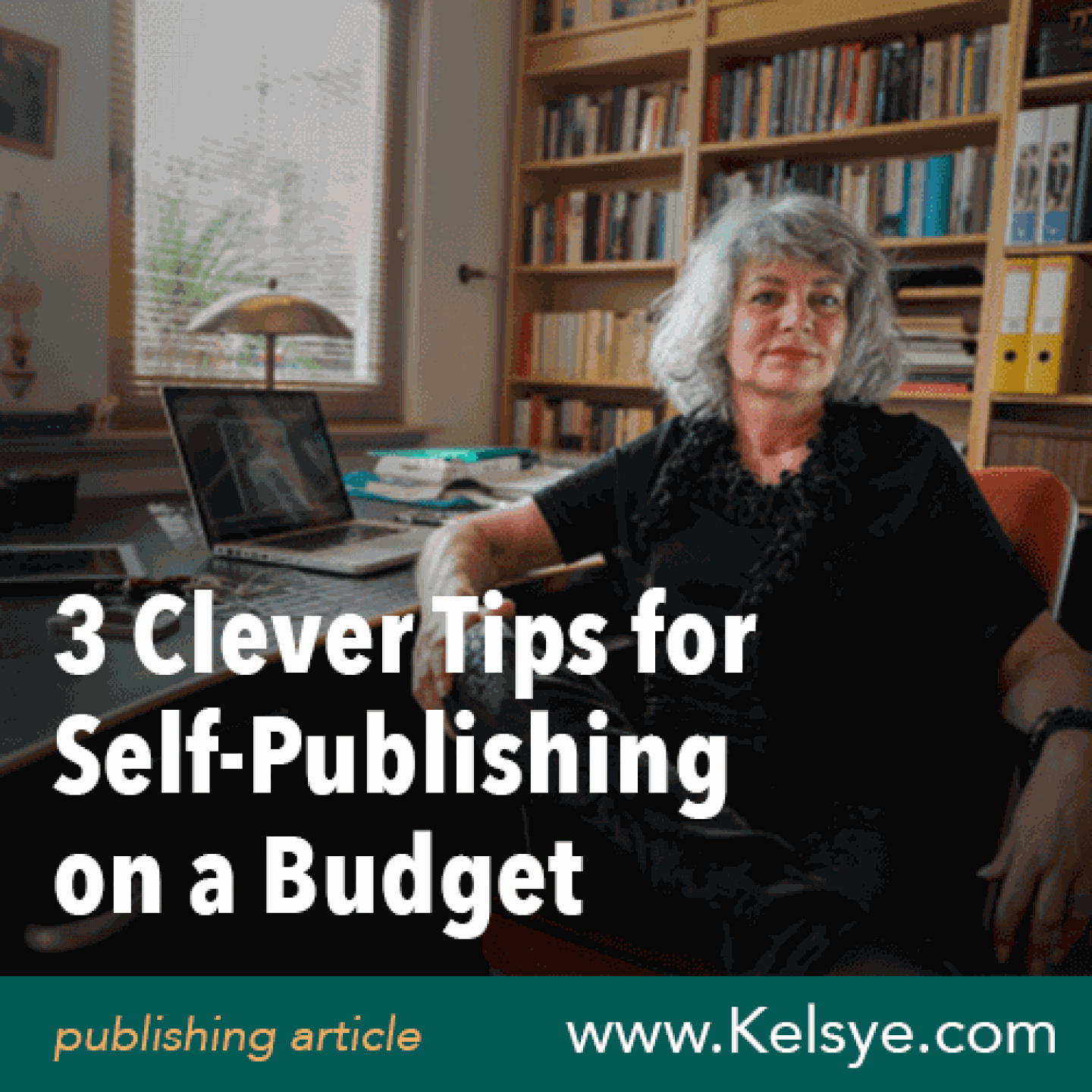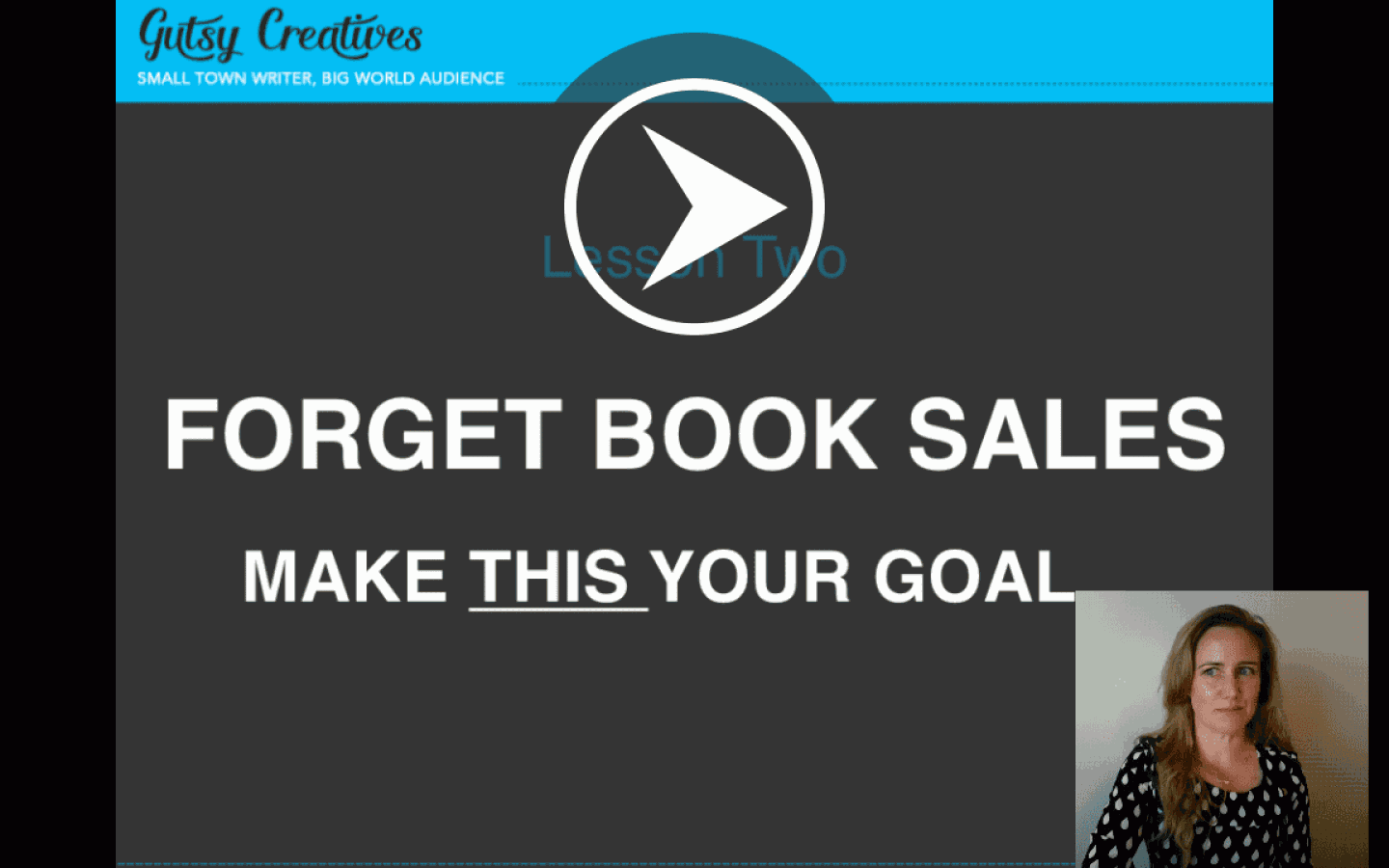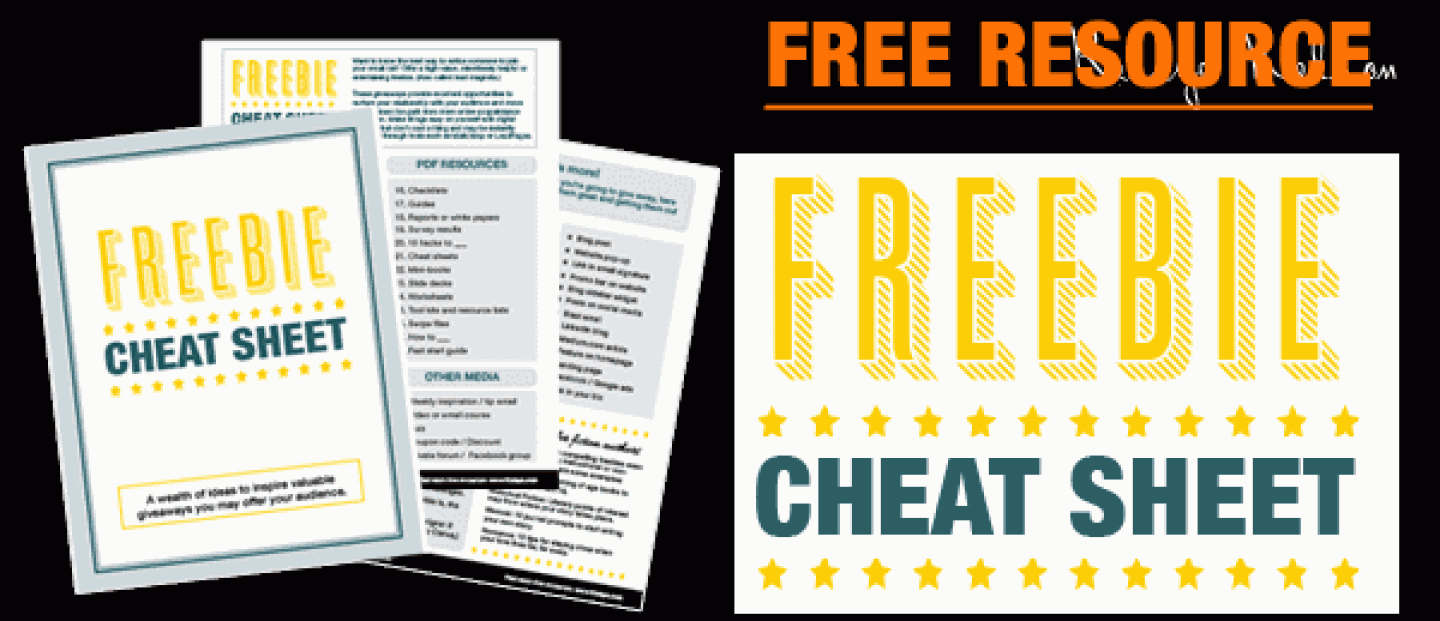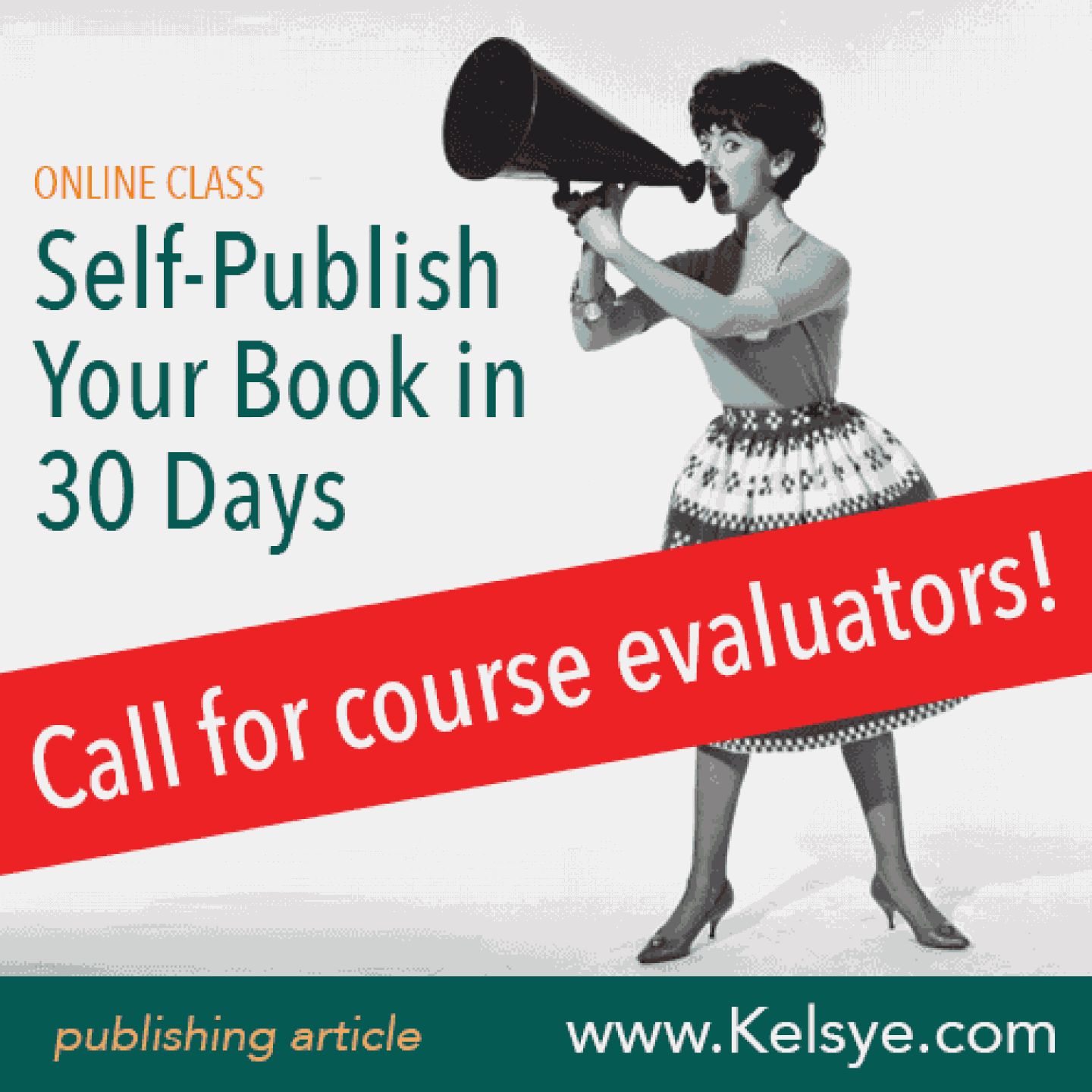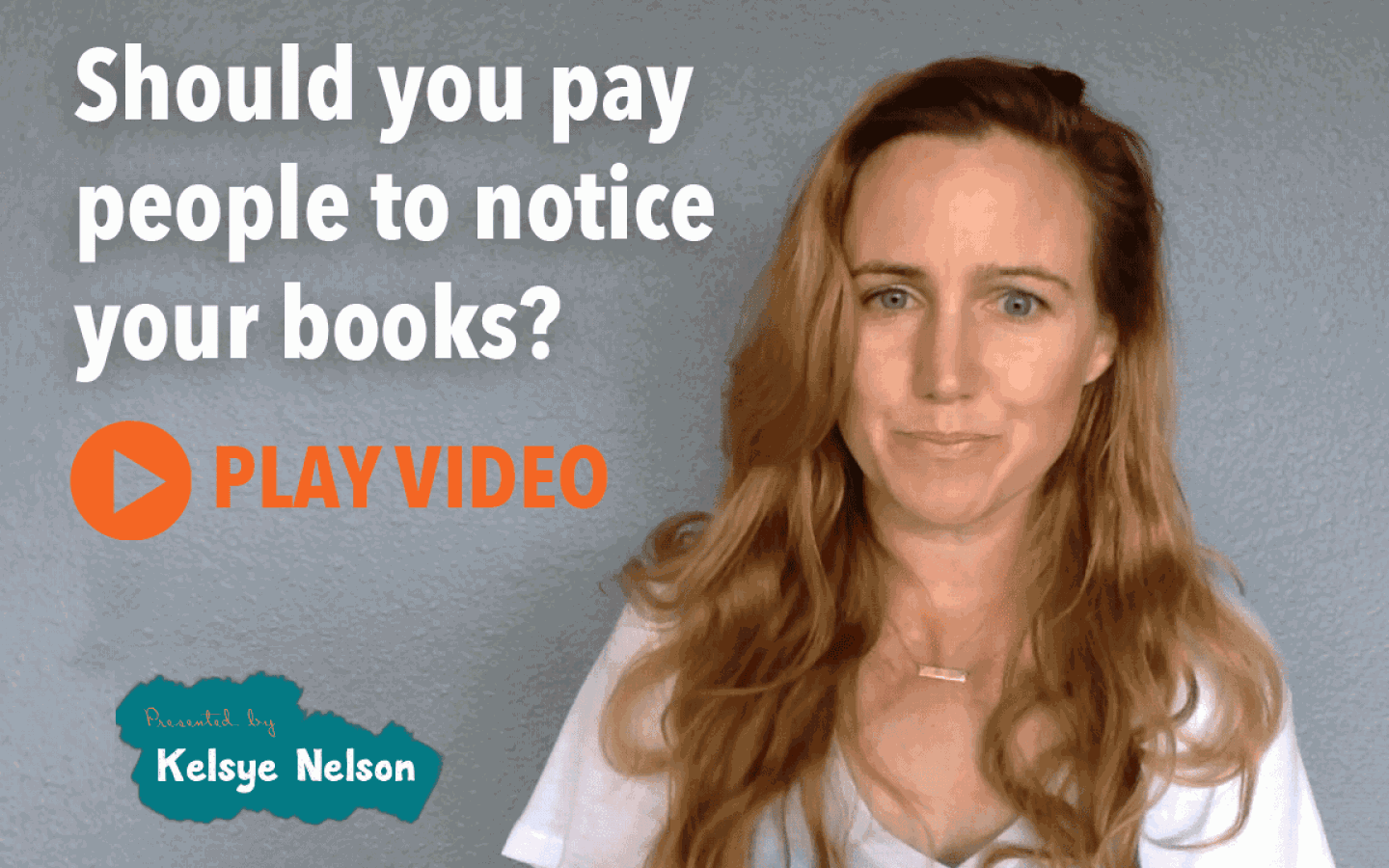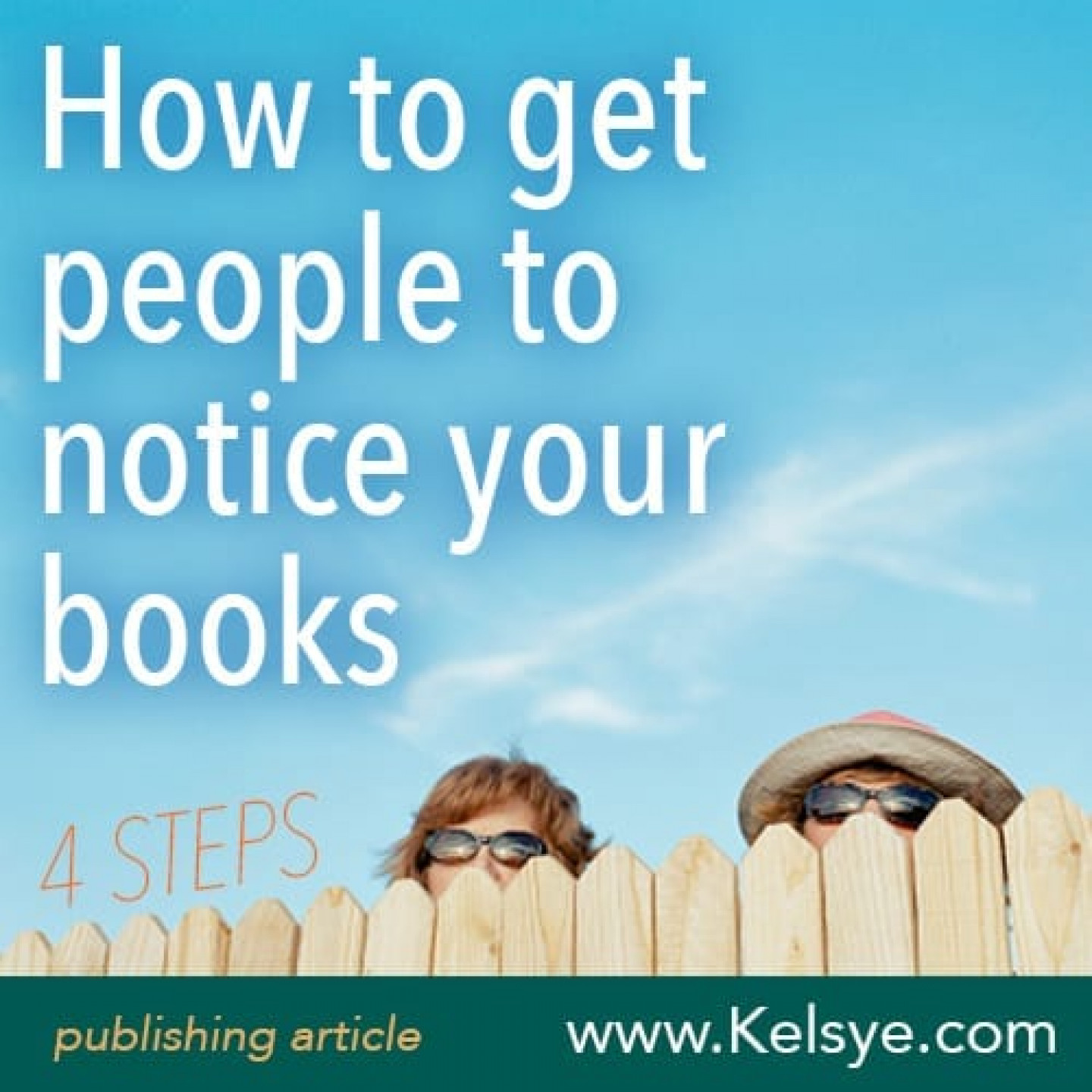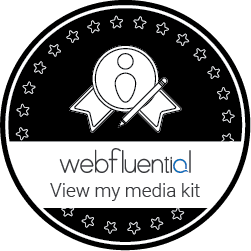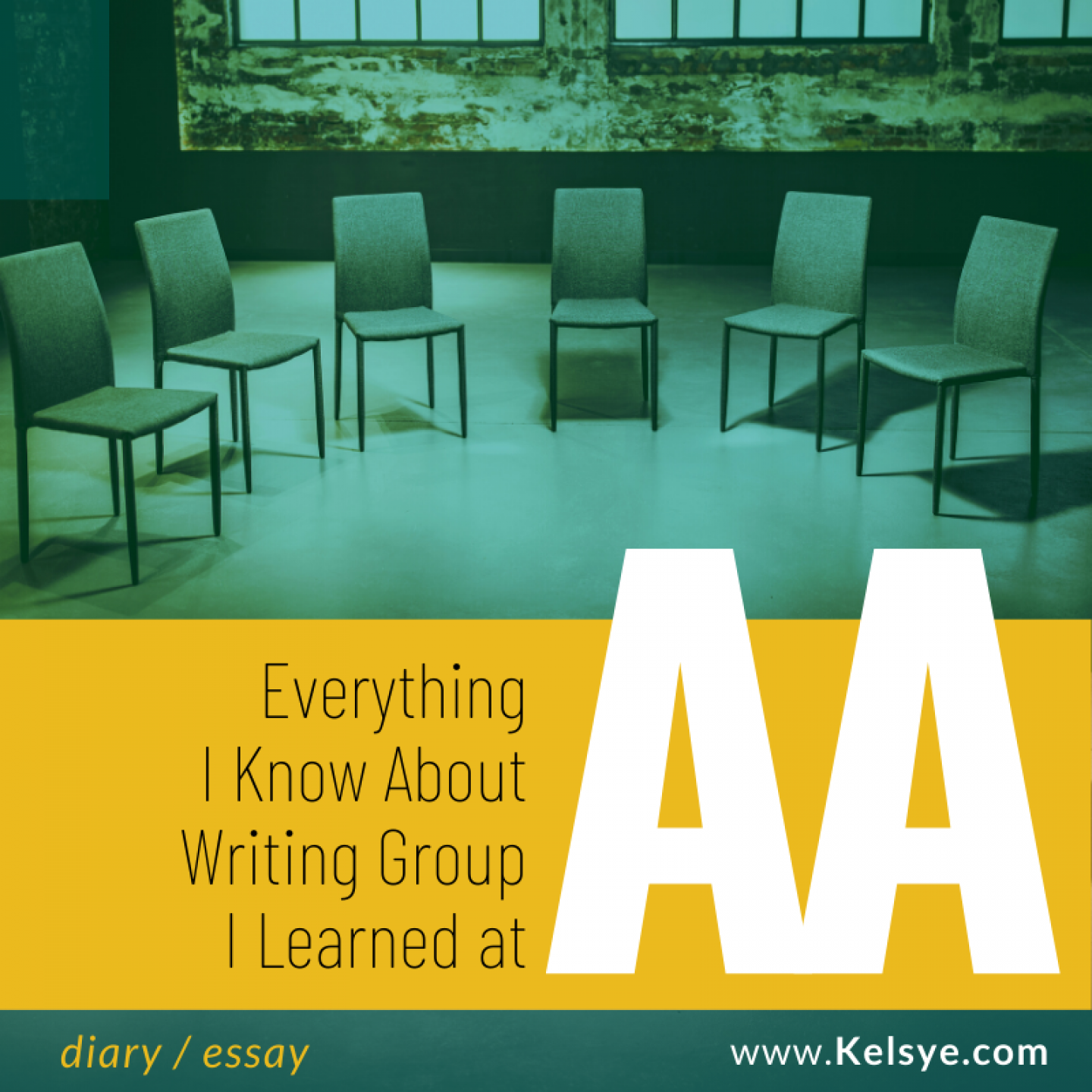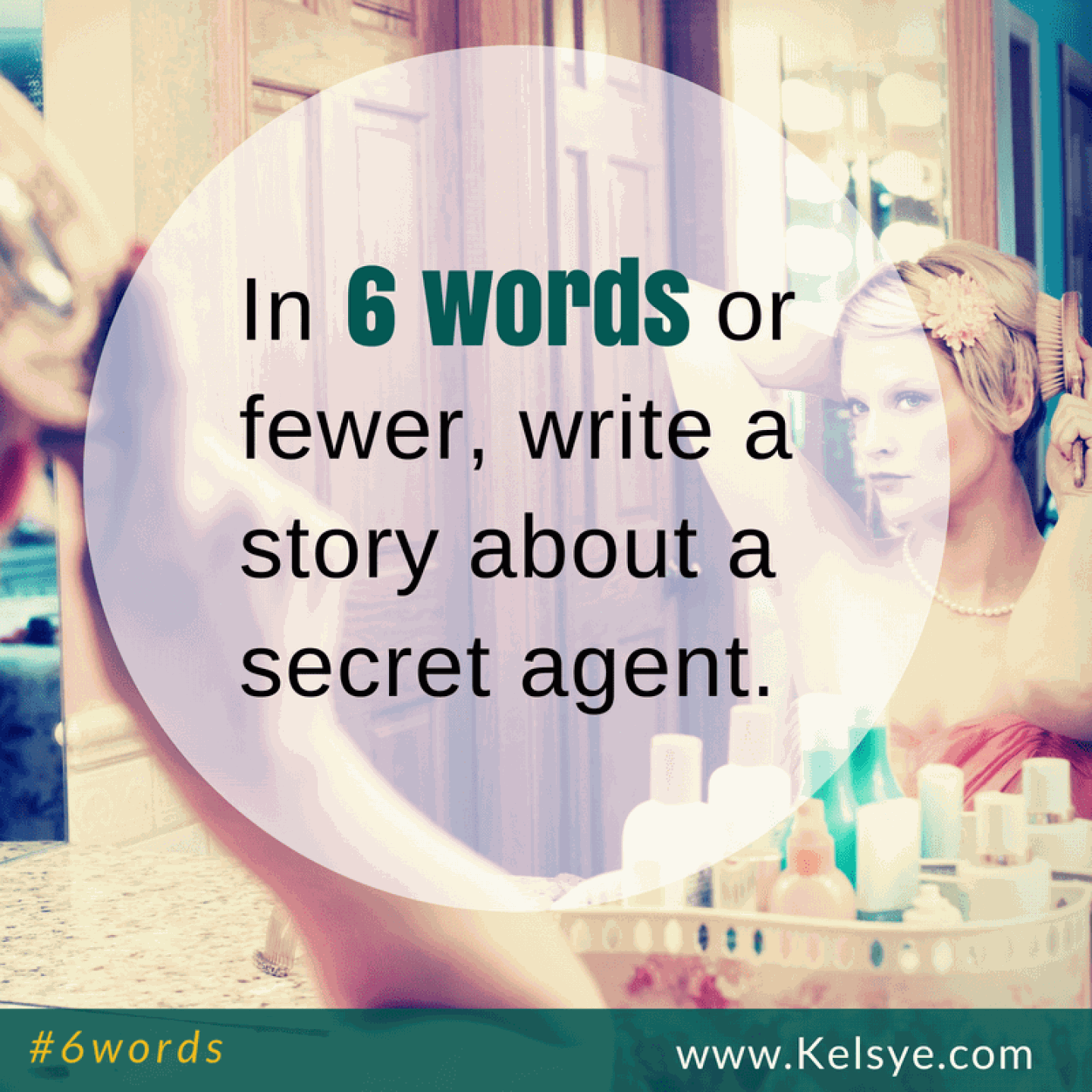T
Very few of us have the resources to compete with the big five publishers. Even if we aim to publish the highest quality book possible, we must watch our spending very carefully.
Publishing budgets vary wildly. I've heard some authors bragging that they spent nothing on their books - which frankly makes me regard their books a bit dubiously. I've seen beautiful, well-edited indie books published for between $1,000 and $3,000. And of course, I've seen jaw-droppingly gorgeous books produced for many times that amount.
Do you want to limit how much money you spend on self-publishing your book?
Here are 3 clever tips for self-publishing on a budget:
1. Use free eBook formatting software. If your book has already been professionally edited and you are not looking for custom design, you can use free tools to create high-quality book interiors. Personally, I've been very impressed with the Reedsy Book Editor. I also am a big fan of Vellum - which isn't free, but allows you to create lovely books without a designer.
2. Scrappy cover design. A poorly-designed cover will repel readers. A custom cover by a professional designer can cost upwards of $800. Before you spend the big bucks, check out alternative cover sources. Use Fiverr for $5 prototypes. Contact artists directly on Deviant Art, Renderosity or Epilogue to request custom art or use of work already created. Use a service like 99Designs to run a cover design contest for $299.
3. Skill share. First, sort everything that needs to be done into three categories - things you can do yourself (at a professional level), things you need to pay someone else to do, and things you can barter with friends. Most of the writers I know have other professional skills. For example, you may be a top artist and perfectly capable of designing your own cover, while a friend of yours may be an eagle-eyed editor. Work together! Trade a cover design for a copy edit.
Would you like more information on how to get all your editing, formatting and design done on a tight budget? Sign up for my online class How to Self-Publish Your First Book. You'll gain a wealth of resources for your indie publishing projects - plus tools to help you set and manage your budget.
Do you know any other great sources for budget-minded authors? Hit reply and let me know! I'd love to share them with my students.
